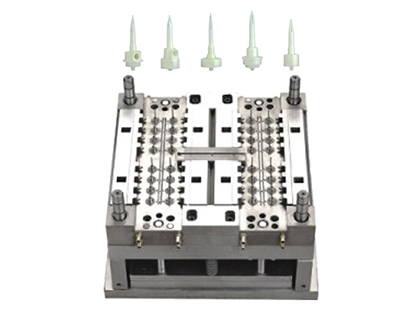English

Medical Molds
Medical Equipment Making Machine
Syringe Machine
Needle Machine
Infusion Set Machine
Cannula Making Machine
Medical Injection Machine
Syringe Barrel Printing Machine
Syringe Assembly Machine
AD Syringe Assembly Machine
Safety Syringe Assembly Machine
Syringe Blister Packing Machine
Syringe Pe Packing Machine
Syringe Barrel Printing and Assembly Machine
Needle Assembly Machine
Needle Blister Packing Machine
Scalp Vein Set Assembly Machine
Insulin Pen Needle Assembly Machine
Blood Collection Needle Assembly Machine
Safety Needle Assembly Machine
Medical Tubing Extrusion Machine
Chamber Extruding Machine
Drip Chamber Assembly Machine
Connector Assembly Machine
Flow Regulator Assembly Machine
Automated Medical Tubing Cutter
Infusion Set Automatic Assembly Machine
Cannula Welding Machine
Cannula Diameter Reducing Machine
Double-heads Straightening Machine
Needle Tube Polycondensation Film Machine
Automatic Needle Tube Cutting Machine
Automatic Needle Tube Collocating Machine
Automatic Cannula Grinding Machine
Automatic Cannula Electrolyzing Machine
Automatic Cannula Ultrasonic Cleaning Machine
 English
English 










